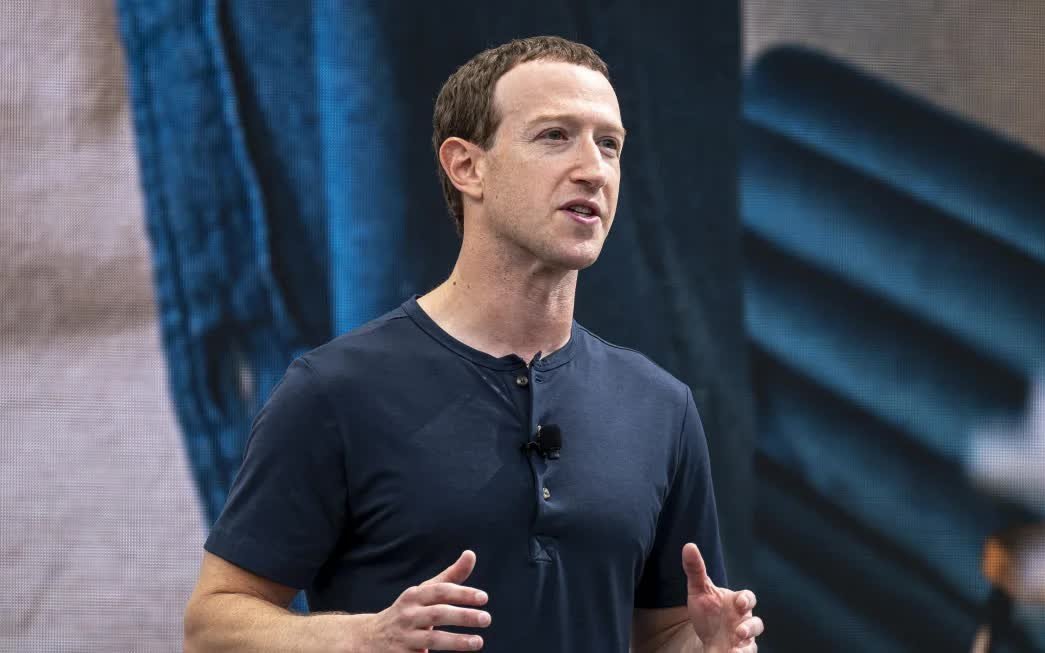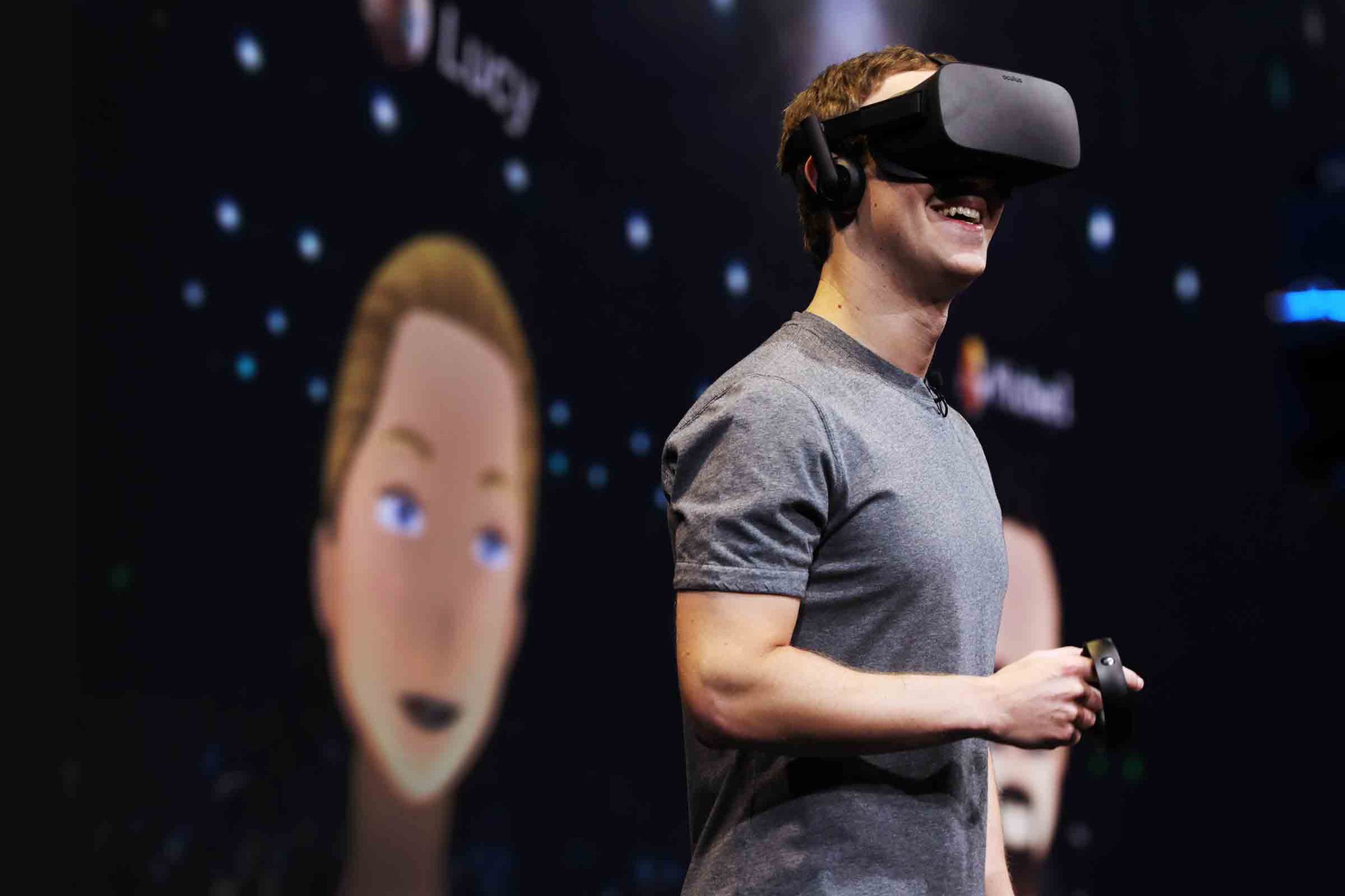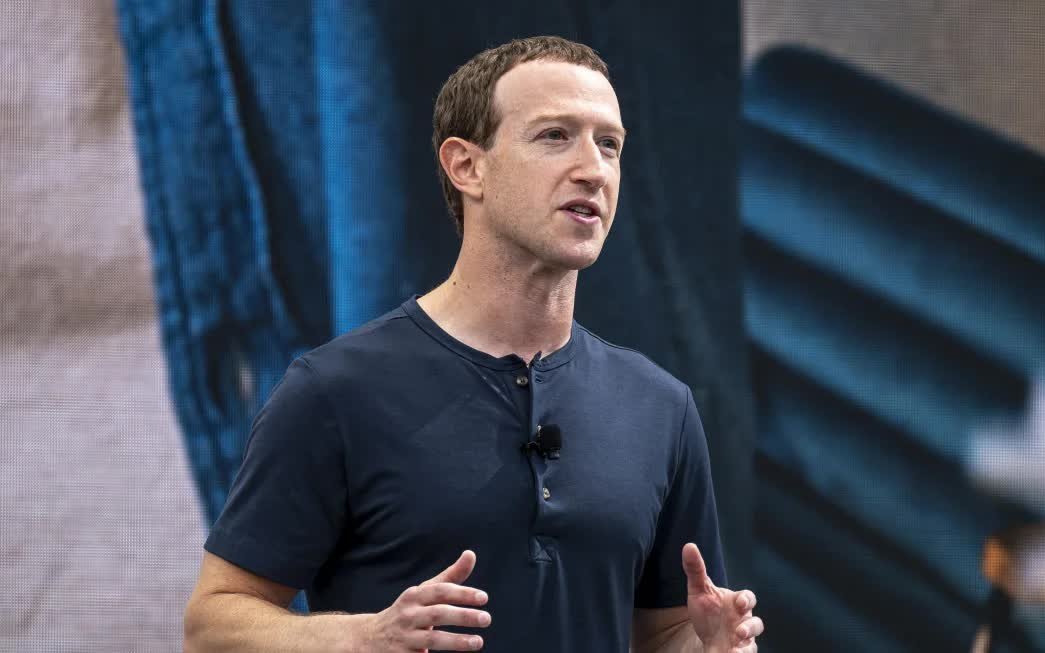In a world increasingly shaped by digital technology, one man stands at the forefront of an ambitious plan to redefine how we live, work, and socialize. Mark Zuckerberg, the CEO of Meta (formerly Facebook), is not just tinkering with new software—he’s attempting to build an entire virtual universe. Known as the Metaverse, this digital world promises a future where physical boundaries vanish and life extends into a virtual realm. But as this bold new world takes shape, one question looms large: how will _you_ live in it?
### The Metaverse: A Visionary Leap Beyond Social Media

Zuckerberg’s shift from social networking to creating the Metaverse isn’t merely a rebranding strategy. It’s a declaration of intent to lead humanity into the next phase of the internet: a three-dimensional, fully immersive digital space. Unlike traditional platforms, the Metaverse will allow users to interact with others as avatars, explore digital landscapes, attend virtual concerts, shop in online malls, and even own property—without leaving their homes.
Meta has already invested tens of billions of dollars into developing this virtual ecosystem. From Oculus VR headsets to augmented reality (AR) glasses and AI-powered environments, the technology stack is rapidly evolving. Zuckerberg envisions the Metaverse as a place where physical and digital lives merge, enabling human experiences that transcend time and location.
### The Core Pillars of the Metaverse
The digital world Zuckerberg envisions is not a single app or device—it’s a complex integration of technologies built around several key pillars:
1. **Virtual Reality (VR) and Augmented Reality (AR):** These technologies provide the sensory immersion necessary for users to feel present in a digital environment. Meta’s Oculus Quest headsets are already making this a reality.
2. **Digital Avatars:** Your online persona will no longer be a static profile picture but a dynamic 3D avatar capable of movement, expression, and interaction.
3. **Decentralized Economy:** Blockchain technology may underpin a new kind of digital economy, where users buy, sell, and trade virtual goods and services using cryptocurrencies or NFTs.
4. **Persistent Digital Spaces:** The Metaverse will not reset when you log off. Like the real world, it will continue to evolve, with events unfolding in real time.
5. **Interoperability:** Ideally, you should be able to move your avatar, assets, and identity across different virtual platforms—something Meta and its collaborators are actively working toward.
### Living in the Metaverse: A Glimpse into the Future

So, what does everyday life in the Metaverse look like?
**Virtual Workplaces:** Remote work will no longer be limited to Zoom calls and Slack messages. Imagine attending meetings in a digital conference room where everyone appears as avatars, sharing presentations on virtual whiteboards. Meta’s “Horizon Workrooms” is already experimenting with this concept.
**Education in 3D:** Students could travel back in time to ancient Rome or explore the molecular structure of DNA in 3D classrooms. The Metaverse offers unparalleled opportunities for interactive, immersive education.
**Social Interaction:** Social media as we know it will evolve into fully interactive spaces where friends hang out, play games, or watch movies together in virtual lounges.
**Entertainment Redefined:** From concerts to movie premiers, events in the Metaverse will offer front-row experiences to global audiences. Travis Scott’s virtual Fortnite concert is just a hint of what’s to come.
**Shopping and Commerce:** Virtual malls with customizable showrooms could let you try on clothes using your avatar, buy digital items, or even real-world products—all within a seamless interface.
**Healthcare and Therapy:** Medical consultations could happen in virtual clinics, and mental health therapy could take place in calming digital environments designed to reduce stress and anxiety.
### The Challenges of Living in a Digital Universe

As promising as the Metaverse may seem, it’s far from a utopia. Several challenges could shape how livable and ethical this new world becomes.
**Privacy Concerns:** With more immersive environments come more invasive data collection. Eye movement, voice tone, facial expressions—everything could be monitored. How this data is stored and used raises serious concerns.
**Digital Inequality:** Not everyone has access to high-end VR hardware or fast internet. This digital divide could exacerbate social inequality, creating a two-tiered reality: one for the digitally connected and another for those left behind.
**Mental Health Implications:** Spending excessive time in digital environments may blur the lines between reality and simulation, potentially leading to dissociation, addiction, or social detachment.
**Security Risks:** With digital assets like NFTs and cryptocurrencies playing a role, the Metaverse could become a prime target for cyberattacks, scams, and fraud.
**Regulation and Governance:** Who governs the Metaverse? Is it Meta, a collective of tech companies, or international law? The lack of clear regulations could lead to legal ambiguity and monopolistic control.
### Opportunities for Personal and Professional Growth

Despite its risks, the Metaverse presents vast opportunities for those ready to embrace the digital frontier.
**Entrepreneurs and Creators:** Virtual real estate, digital fashion, avatar design, and interactive storytelling—new markets are emerging every day. Creators can monetize their skills in ways previously unimaginable.
**Freelancers and Remote Workers:** Professionals can build their personal brand within the Metaverse, offering services like consulting, tutoring, coaching, or content creation in immersive settings.
**Gamers and Streamers:** For gamers, the Metaverse is the ultimate playground. For streamers, it offers new ways to engage audiences, host events, and build communities.
**Digital Nomads:** The Metaverse eliminates the need for geographic stability. Work, socialize, and explore from anywhere—your new “home” is wherever you log in.
**Educators and Innovators:** The digital classroom allows teachers to experiment with new pedagogical models, helping students grasp complex subjects through immersion and visualization.
### How Will Society Evolve in the Metaverse?

If Zuckerberg’s dream becomes reality, societal norms may evolve significantly:
– **Identity:** Avatars may allow people to express themselves in ways that defy physical limitations—raising questions about authenticity and self-perception.
– **Relationships:** Romantic relationships may begin, flourish, and even end in the Metaverse. What constitutes intimacy or trust when people rarely meet in real life?
– **Cultural Exchange:** Boundaries between nations and cultures could blur, as people from across the world connect in shared digital spaces.
– **Economy:** A parallel economy driven by virtual jobs, currencies, and assets may emerge, potentially revolutionizing the way we think about wealth and labor.
– **Governance:** With entire communities forming inside virtual platforms, questions about digital citizenship, representation, and law enforcement will become increasingly pressing.
### What Role Will You Play?
In this unfolding narrative, everyone has a part to play. Whether you’re a skeptic or an early adopter, the digital universe Zuckerberg is creating will touch your life sooner or later. Will you be a passive observer or an active participant?
– **Adapt:** Learn the tools of the Metaverse—VR headsets, blockchain wallets, avatar customization.
– **Explore:** Attend events, build digital friendships, and find your niche.
– **Create:** Design content, host experiences, or sell digital goods.
– **Educate:** Help others understand and navigate this new reality.
– **Protect:** Advocate for privacy, fairness, and inclusion to ensure the Metaverse grows responsibly.
### Conclusion: A Brave New World Awaits
Mark Zuckerberg’s virtual universe is not science fiction—it’s science reality, unfolding at breakneck speed. While we are still at the early stages, the potential for transformation is immense. The Metaverse could be the next great frontier, just as the internet was in the 1990s.
But with great power comes great responsibility. We must collectively shape this world to be inclusive, ethical, and enriching. How you choose to live in the digital world will depend not just on technology, but on your willingness to engage, question, and imagine.
The Metaverse isn’t coming—it’s already here. The real question is: **Are you ready to log in?**
